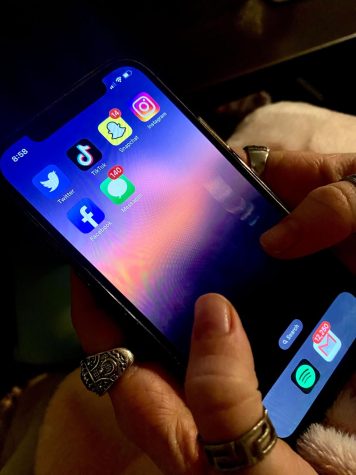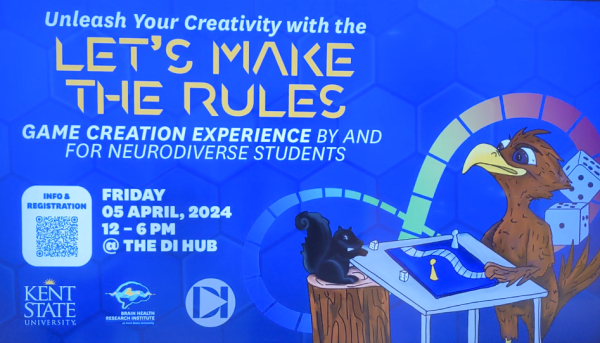ResNet recommends free anti-virus software
February 13, 2007
It’s waiting — lurking. And without any warning, it deletes the 10-page paper that’s due tomorrow.
There is more than one way to protect a computer from a virus that may be waiting inside the hard drive, or trying to get in. But no matter which software is installed, a computer shouldn’t have more than one anti-virus program, said Ron Dear, a junior physics major who works at ResNet in Tri-Towers. Dear said he often deals with this problem at the beginning of the year. Students set up more than one program on their computer and end up having to uninstall one of them later on.
McAfee is the free anti-virus program offered to all Kent State students to use in the residence halls. It is installed when a student registers his or her computer under ResNet for the semester.
McAfee has different types of anti-virus software based on what computer one owns, anti-spyware for total protection packages, anti-spam blocking and virus scan software, which the university uses.
At least 10 to 15 students come in daily with computer virus problems, said Mike Carson, a senior technology major who works at ResNet. He said the problem used to be worse before Clean Access Agent, a program students must download before they are able to access the Internet, was required. The program checks to see if the computer has updates and helps keep out viruses.
“If I used any (virus protection), I would use McAfee. I have a Mac, so I don’t need anti-virus software,” said Brian Dages, a freshman photo illustration major who works at ResNet.
Aside from on-campus protection, Carson said there is another program he likes, AVG Internet Security. AVG offers various types of protection including anti-virus, anti-spyware, anti-spam and a firewall.
“I think AVG would be the best because it’s free, not just for students,” Carson said.
ResNet employees said there are other programs to watch out for when it comes to safe and easy virus protection.
Norton AntiVirus usually comes installed on new computers. Norton is “hard to get rid of” and “hard to uninstall,” Carson said. It hogs the resources on a computer, taking up more of its space.
Carson said the worst kind of virus protection anyone can have is PC-cillin. When running the program after installing McAfee, the computer will run extremely slowly, Carson said. The Web site offers free virus scans, but the safe thing to do would be to ignore them.
“My opinion is AVG or McAfee,” said Carson.
There is one virus Carson said can slip through even the best software — Smitfraud. This is the one virus most protection doesn’t catch, and must be manually removed from the computer.
ResNet warns students to download Gaim instead of AIM for instant messaging, Dear said. With this program, chain viruses from friends will be stopped from being sent to all the friends on a buddy list. This is one way viruses spread through campus, Dear said.
“As long as you keep your anti-virus up-to-date, it’s all you need to do,” Dear said.
Contact information services reporter Heather Vitale at [email protected].























